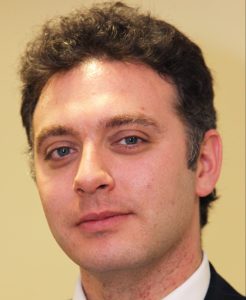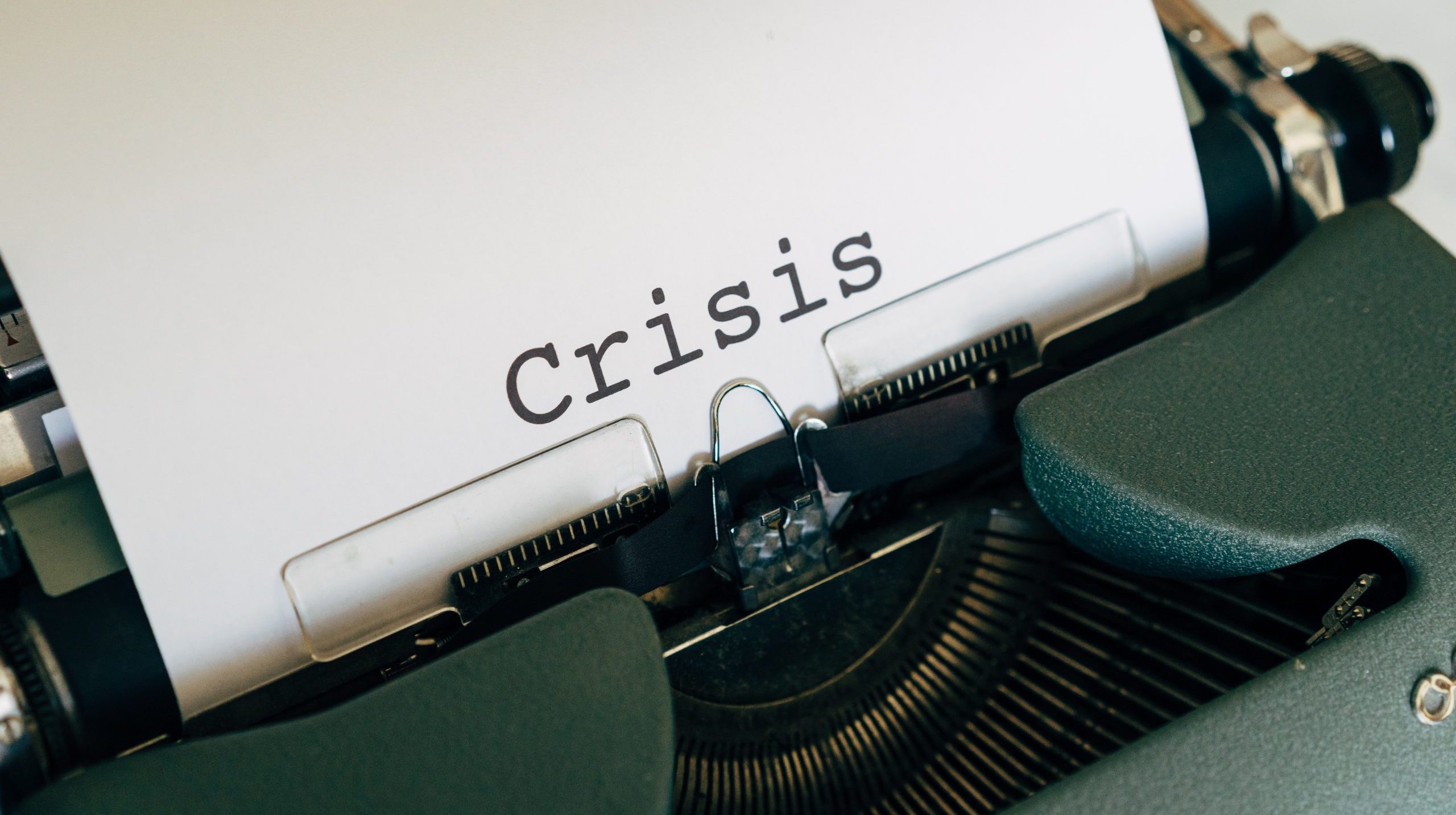
When I was a medical student last millennium, the European Medical Students Association at my medical school ran a conference titled, ‘Medicine in a crisis.’ The casual reader might have interpreted the title as relating to many of today’s headlines, and a few of this month’s articles, taking in a loss of professional morale and an ostensible collapse in society’s esteem for doctors. Of course it was about medicine responding to a crisis, focussing in particular on medical care in catastrophes and conflicts. We are a world in crisis, in all sorts of ways. The word crisis derives from the Ancient Greek word, Krisis, meaning decision or judgement. In modern English there are three broad meanings: a time of great disagreement, confusion or suffering; an extremely difficult or dangerous point in a situation; or a moment during a serious illness when there is the possibility go suddenly getting better or worse.1
Disagreement, confusion and suffering (Should we separate there and here?)
The word crisis derives from the Ancient Greek word, Krisis, meaning decision or judgement.
Our crises have all sorts of causes encompassing (and not limited to) disaster, disease, war and climate catastrophe as well as more local crises of politics philosophy and economics. Two articles focus on primary care in relation to catastrophes and conflicts. Richard Armitage writes from Turkyie as part of the UK’s medical humanitarian response.2 Aaron Poppleton and colleagues reflect on a year providing primary care to Ukrainian refugees in the UK.3 Both highlight the need for ordinary care in extraordinary settings as well as the special physical and psychological healthcare needs that conflict and catastrophe generate.
Rupal Shah and collegues argue that ‘More validation should be given to the therapeutic benefits of listening closely and bearing witness to somebody’s suffering.’ They focus on the importance of relational care in general practice as a core element of finding and making visible a sense of meaning for GPs.4 Tim Senior highlights the existential problem of invisible work in general practice across the world. Much of a GPs work is invisible in the sense that it cannot be easily counted for the purposes of reimbursement. This means that much of a GPs work is neither valued economically or politically. I guess this is a global issue with primary care.
A difficult or dangerous point
The judicious and patient-centred application of evidence-based medicine needs to be seen to be valued, including the time to hear what a patient has to say.
Sam Finnikin reflects on a case where clinical guidelines fail to account for the context and choices of a frail elderly patient.6 In a sense he is reflecting on the same issue as Tim Senior. The judicious and patient-centred application of evidence-based medicine needs to be seen to be valued, including the time to hear what a patient has to say. David Loxterkamp applies this idea to the workings of a primary care team. He argues, from the perspective of primary care in the USA. that primary healthcare ‘teams’ can act as far greater than the sum of their parts, but only if we regard ‘the team’ as an office of long-serving, self-motivated, and well-connected employees. And only when leadership is willing to provide the means.7 Ahmed Rashid harvests his usual smorgasbord of interesting problems and solutions to our interesting times, but it’s interesting how the examples chime with our cornucopia of crises.8 Not only must we find the time and resources to value patients and colleague so that we may all flourish, but practice in a way that values the world in which we live. Emma Radcliffe argues that even though general practice is in crisis, the climate emergency and the urgent need to act cannot be put on hold while we wait for calmer times. Inhaler prescribing alone accounts for approximately 3% of the NHS’s carbon footprint, but also offers opportunities to practice well for patients and planet.9
A moment where things could go either way
At the end of March I attended my first BJGP research conference at 30 Euston Square. The energy and enthusiasm were at least a contagious as any upper respiratory virus! Clearly, general practice in many countries is well placed to assist in all number of local and global healthcare and humanitarian crises, but it itself in crisis. We can help and we need help. Our work (all of it) needs to be visible and valued. Some may argue that it’s too late and we’re all doomed, but there is plenty of hope in this month’s life and times, as well as calls to action.
References
- Cambridge Dictionary. Meaning of crisis in English. https://dictionary.cambridge.org/dictionary/english/crisis (accessed 14 Apr 2023).
- Armitage R. General practice in the UK’s response to the Türkiye and Syrian earthquakes. Br J Gen Pract 2023; DOI: https://doi.org/10.3399/bjgp23X732753.
- Poppleton A, Ougrin D, Kolesnyk P, Morton S. Where are we after a year? Providing responsive primary care for Ukrainian refugees. Br J Gen Pract 2023; DOI: https://doi.org/10.3399/bjgp23X732765.
- Shah R, Clarke R, Ahluwalia S, Launer J, Spicer J. Measuring meaning. Br J Gen Pract 2023; DOI: https://doi.org/10.3399/bjgp23X732813.
- Senior T. Invisible work. Br J Gen Pract 2023; DOI: https://doi.org/10.3399/bjgp23X732825.
- Finnikin S. ‘We threw the guidelines at her.’ Br J Gen Pract 2023; DOI: https://doi.org/10.3399/bjgp23X732777.
- Loxterkamp D. Why the office is not a team. Br J Gen Pract 2023; DOI: https://doi.org/10.3399/bjgp23X732801. Longer version on BJGP Life https://bjgplife.com/a-report-from-america-why-the-office-is-not-a-team/
- Rashid A. Yonder: Kidney stones, advanced practice nurses, breathlessness clinics, and digital addictions. Br J Gen Pract 2023; DOI: https://doi.org/10.3399/bjgp23X732789.
- Radcliffe E. Low carbon inhalers: an opportunity for much wider change. Br J Gen Pract 2023; DOI: https://doi.org/10.3399/bjgp23X732741.
Featured Photo by Markus Winkler on Unsplash








